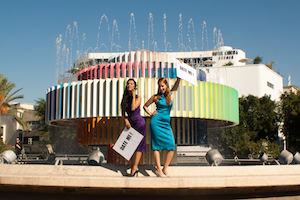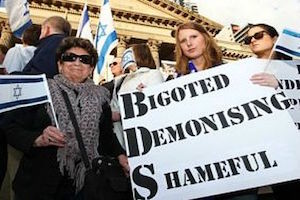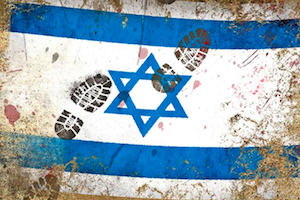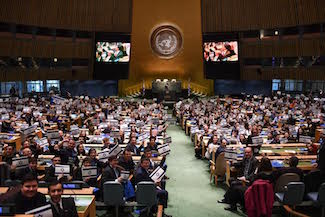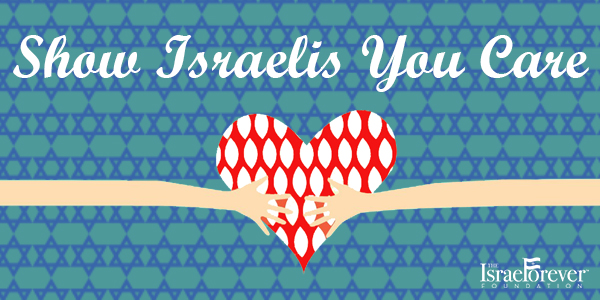Boycotts, shmoycotts – who are the real losers?
By Rolene Marks
The BDS (Boycott, Divestment and sanctions) movement sure is noisy. While lacking cerebral substance, they understand the veracity of symbolism and language that is provocative, emotive and emotional. They understand that gratuitous use of the word Apartheid is guaranteed to get an emotional reaction from people.
I use the word gratuitous intentionally because BDS have no respect or understanding of the crime that was Apartheid and the trauma of its victims. To them it is simply evocative, sexy packaging that can be used to market their agenda and make it appealing to the masses who are concerned about human rights.
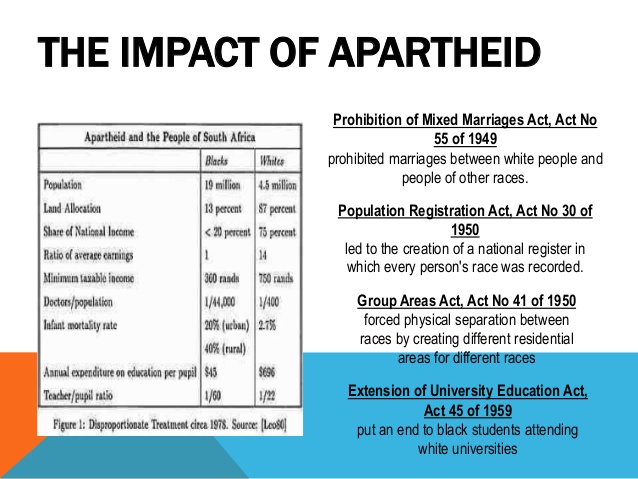
If you wrap up hatred and sell it in an emotional package, then surely you must be on the side of good, right?
Wrong. There is a more nefarious agenda at play here and it is time to expose it.
A wolfish agenda in sheeps clothing
Why is BDS so hell bent on this accusation? The motivation is simple. They want to paint Israel with the same colours as that of Apartheid South Africa and their rationale is that dish out the same treatment, then you can change the political status quo. Sounds simple doesn’t it. Except that in this case, changing the status quo in Israeli politics is not the end game result that detractors hope to achieve. In this case, questioning Israel’s right to exist as a sovereign state is up for debate. Anti-Israelists will passionately argue that this treatment worked for South Africa but fail to realise that the South African paradigm is not one solution fits all.
The question we have to ask ourselves is who really stands to lose in a boycott of Israel
BDS would have you believe that boycotts and sanctions contributed to the downfall of Apartheid in South Africa and that the same kind of well strategized campaign can do the same to change Israeli policies. There are very clear differences – in Apartheid South Africa, the minority white population had dominion over the majority black population and eventually, it was the citizens of the country who spoke out overwhelmingly in a referendum that the time had long passed to do away with this heinous regime.
Israelis and Palestinians are far more complicated. We desire a divorce from each other – hopefully as amicable as possible because we each have our own desires of national aspiration. It is extremely presumptuous for South Africans to impose their solution on to one of the most difficult political conflicts in history.
Did boycotts and sanctions contribute to the fall of Apartheid?
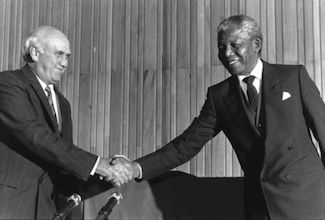
FW De Klerk and Nelson Mandela
The idea of boycotts and sanctions was debated in the 1960’s but only really gained traction in the 1980’s. In November 1962, the United Nations General Assembly passed Resolution 1761, a non-binding resolution establishing the United Nations Special Committee against Apartheid and called for imposing economic and other sanctions on South Africa. All Western nations were unhappy with the call for sanctions and as a result boycotted the committee.
Fast forward to the 1980’s and the height of the regime and it can be said that while sanctions did have an effect on the economy, the credit for ending Apartheid for once and for all has to go to Nelson Mandela and FW de Klerk who took great, sometimes unpopular risks, to ensure a better future for South Africans based of the democratic principles of equality and justice for all.
The Israeli-Palestinian conflict is far, far more complex. Nobody questioned South Africa’s right to exist as a nation state and the fact that BDS’s endgame is “from the river to the sea, Palestine will be free” means that we are dealing with a movement that does not seek democratic principles but rather the destruction of one of the main players – Israel.
Who stands to lose the most?
It is very easy for activists on both sides to play armchair politician but the impact is on the citizens. Palestinians stand to lose a lot more than Israeli’s in a boycott. While the impact on Israelis is largely psychological and the economy continues to grow, Palestinians are impacted the most by this campaign. You would think that BDS would care that this is affecting the very people they purport to help, but they don’t. They prefer to demolish bridges rather than build them.
Human rights activist explains how the BDS movement and their boycott campaigns affects ordinary Palestinians in this video clip:
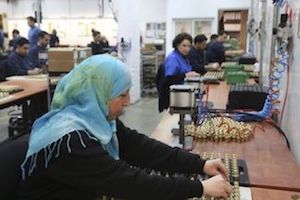
Palestinian and Israeli workers at the SodaStream Factory
If BDS really cared about the Palestinians, they would advocate that they become a second Singapore or start-up nation like their neighbour and do away with the murderous incitement and genocidal wishes.
Peace will be built from the ground up. It will start with individuals and communities, business people and investors. Boycotts only create barriers to this and discourage positive discourse.
While the situation in the Middle East is not an easy one to fix, and Lord knows many have tried, perhaps the best way forward is to proceed with cautious hope and not to cry boycott at the drop of a hat.

Rolene Marks is a passionate advocate for Israel and appears on radio, television and has been published in numerous global publications. Rolene is a member of the Media Team Israel, an advocacy body that fights media bias as well as Truth be Told. For more info, click HERE.
Recommended:
SHOW ISRAELIS YOU CARE
Open your heart and share your connection, your thoughts, your hopes with your fellow Jews in Israel.
About the Author


